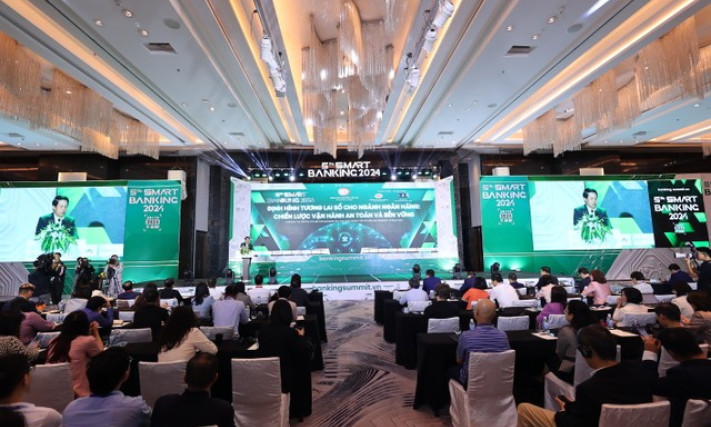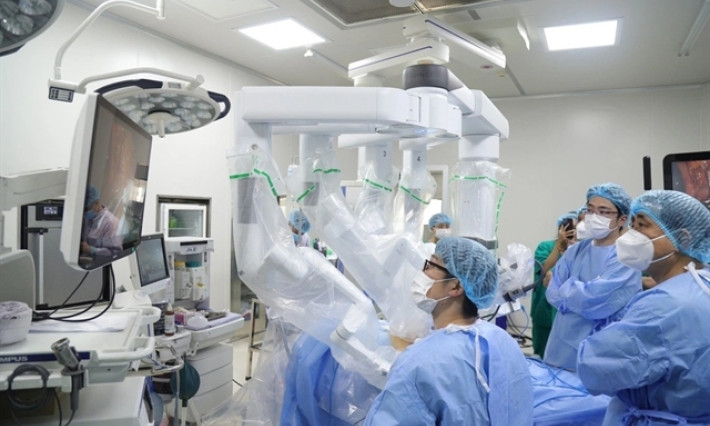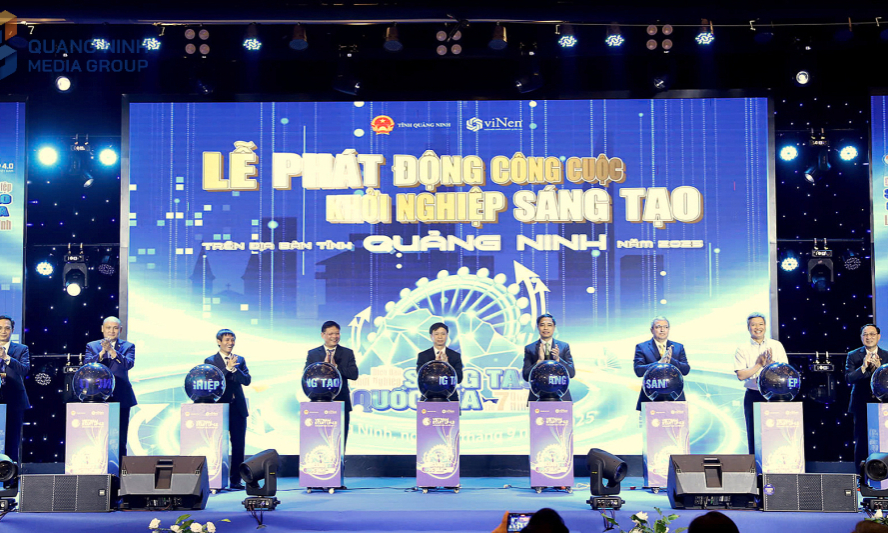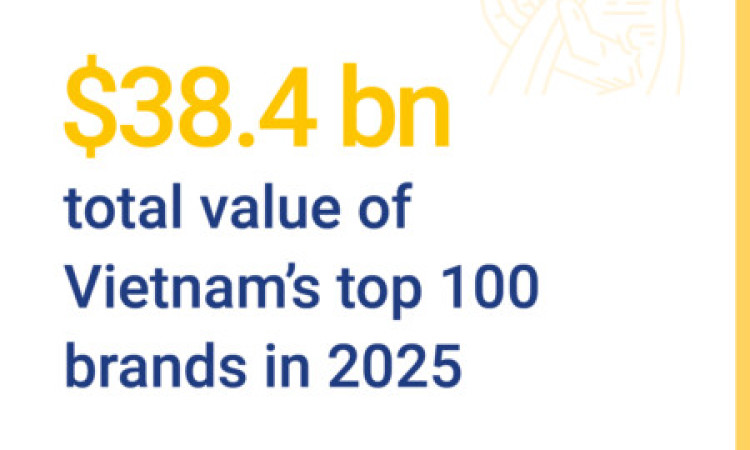PM Chính urges Việt Nam-China to focus on business cooperation
PM Phạm Minh Chính noted that Chinese investments in Việt Nam are still not commensurate with the strong relationship between the two countries.
The economic relationship between Việt Nam and China does not yet fully reflect the strong political and social ties between the two nations, so both sides need to further strengthen the connection between their economies, with a particular focus on enhancing cooperation between businesses.
Prime Minister Phạm Minh Chính made this remark while attending the Việt Nam-China Business Forum, alongside Chinese Premier Li Qiang, in Hà Nội on Sunday.
With the theme 'Strengthening Mutually Beneficial Cooperation, Shaping the Future Together,' businesses from both countries discussed potential and mutual needs for cooperation including in areas such as infrastructure development and connectivity, energy collaboration, digital transformation, the digital economy and banking sectors.
Chinese businesses expressed their interest in participating in infrastructure projects in Việt Nam, such as railway systems connecting with China, urban railways and the high-speed North-South railway. They also showed interest in cooperating in smart city construction, smart manufacturing, data centre development and e-commerce, with a goal of promoting green and sustainable development alongside Việt Nam.
Vietnamese businesses, in turn, urged the governments of both countries to continue providing support in terms of finance, science and technology and management practices for infrastructure development, including railway connections with China.
They also called for financial support and payment connectivity, the development of 5G networks, digital infrastructure, artificial intelligence and the integration of the two countries’ trade systems. Cooperation in wind energy, solar energy, biomass energy and hydrogen development were also proposed.
During the forum, PM Chính emphasised that the Chinese and Vietnamese business communities had contributed significantly to making economic, trade and investment cooperation a highlight and a key pillar of the bilateral relationship. However, he noted that Chinese investments in Việt Nam were still not commensurate with the strong relationship between the two countries.
The governments of both countries needed to promote further institutional connectivity, strategic infrastructure links, governance and technology transfer, human resource training, especially high-quality personnel and capital investment, focusing on emerging industries.
Additionally, payment connectivity, particularly through the use of local currencies and supply chain integration should be enhanced, he said.
Việt Nam’s commitment
PM Chính reaffirmed that, to attract foreign investment, the Vietnamese government was committed to three guarantees.
These include ensuring that the foreign-invested economic sector remains an important part of Việt Nam’s economy, with full support and encouragement for its long-term, stable development; ensuring the legitimate and legal rights of investors, with no criminalisation of civil or economic relations; and ensuring political stability, public order and safety, along with consistent policy and ongoing improvements in the business and investment environment.
Efforts will be made to enhance governance capacity and institutional frameworks, ensuring unblocked infrastructure, streamlined mechanisms and smart governance.
Additionally, the Government will implement the three principles of promoting mutual understanding between businesses, the government and citizens; sharing a common vision and acting together to foster rapid and sustainable development; and working, succeeding, benefiting, developing and celebrating together, sharing pride and happiness.
With this spirit and approach, PM Chính urged businesses from both nations to actively collaborate and consult with their governments, ministries and local authorities to remove barriers in production, trade and business, while improving the investment environment and enhancing legal frameworks and policies.
The Prime Minister also called on ministries, local authorities and businesses from both countries to develop and implement specific cooperative projects within the framework of established bilateral cooperation mechanisms.
He requested that China support and facilitate the integration of Vietnamese enterprises into the value and supply chains of Chinese corporations. He also called for further facilitation of bilateral trade, particularly by expanding the import of Vietnamese goods, including agricultural and aquatic products.
In his remarks, Chinese Premier Li Qiang emphasised that there remained significant potential for further economic and trade cooperation between the two. Both sides should focus on three key areas, including further alignment of their development strategies.
Premier Li Qiang also urged both sides to continuously strengthen and complement each other’s strengths. Both sides have vigorously pursued technical and technological collaboration, working together to enhance their competitiveness in the global value and supply chains, such as in renewable energy and electric cars.
The Chinese leader outlined three key aspirations. First, both countries should consistently prioritise major policies and take a more proactive approach in aligning their national development strategies. Second, they should fully leverage both bilateral and multilateral agreements to their advantage. Third, they should mobilise resources to support development and foster balanced industrial growth, focusing on their enterprises' unique strengths, while seeking partners across the value chain.
The Chinese government encourages its enterprises to connect with Vietnamese businesses, build cross-border production and supply chains and focus on innovation, especially in clean energy development, according to the Chinese leader.
The Premier concluded by expressing his belief that the bilateral economic and trade ties would achieve even greater success in the near future.






